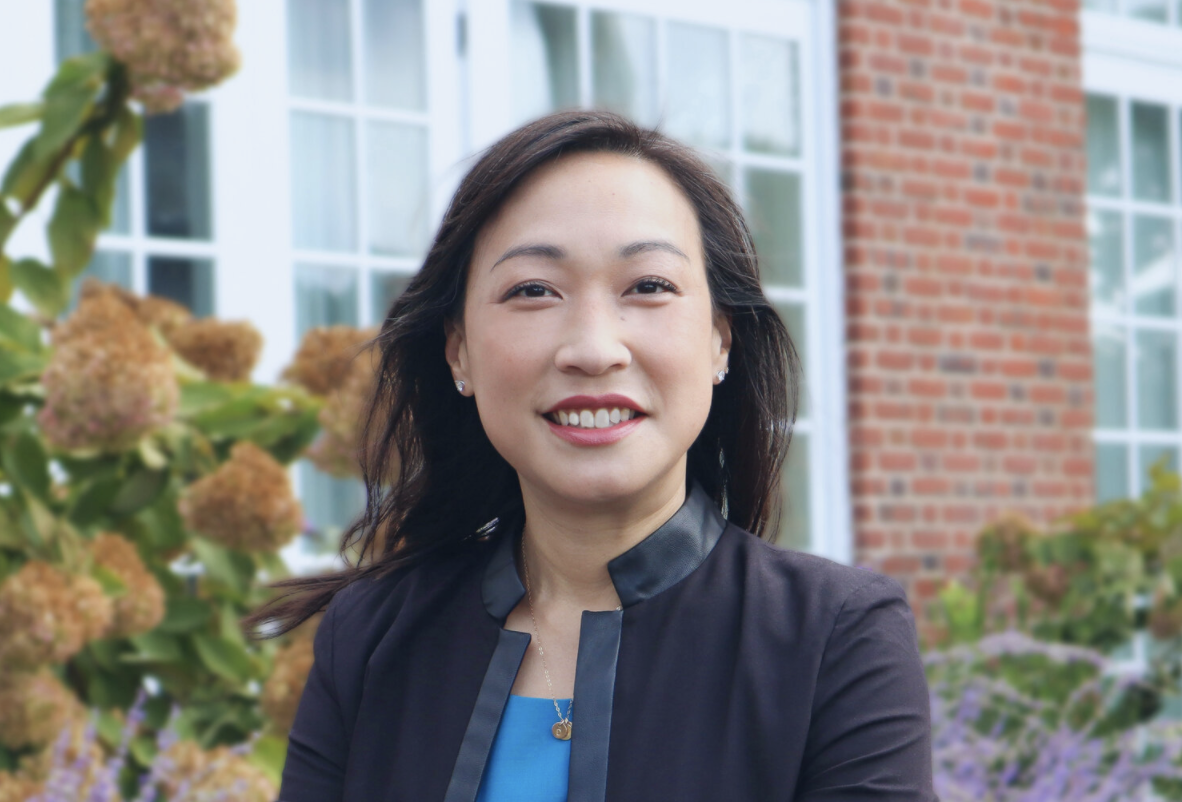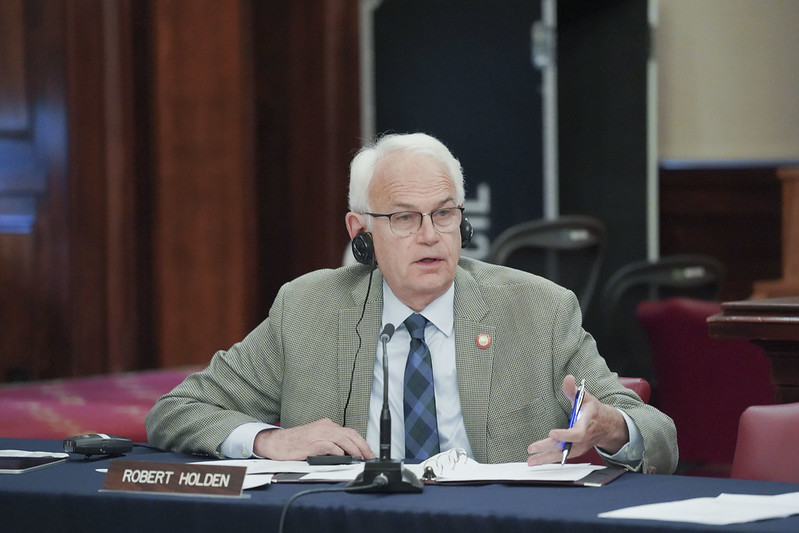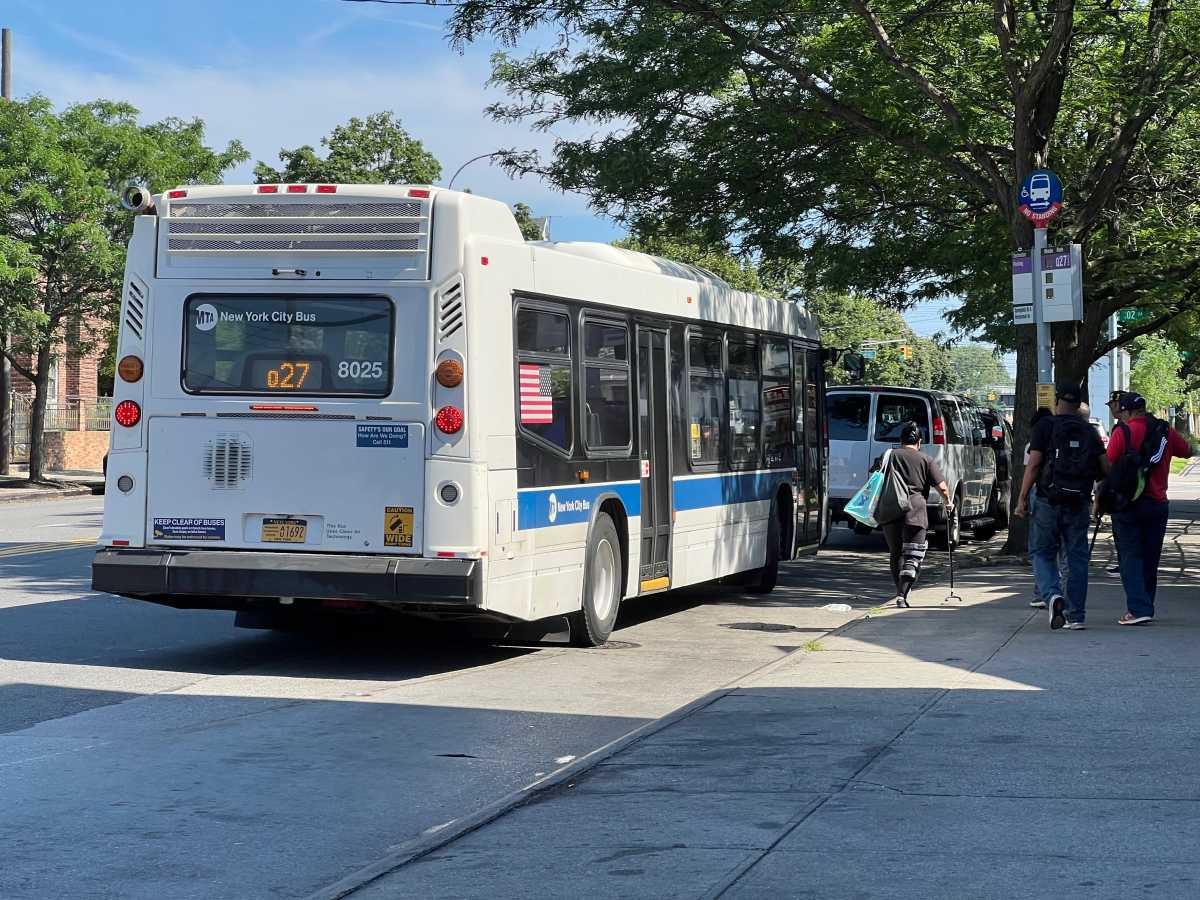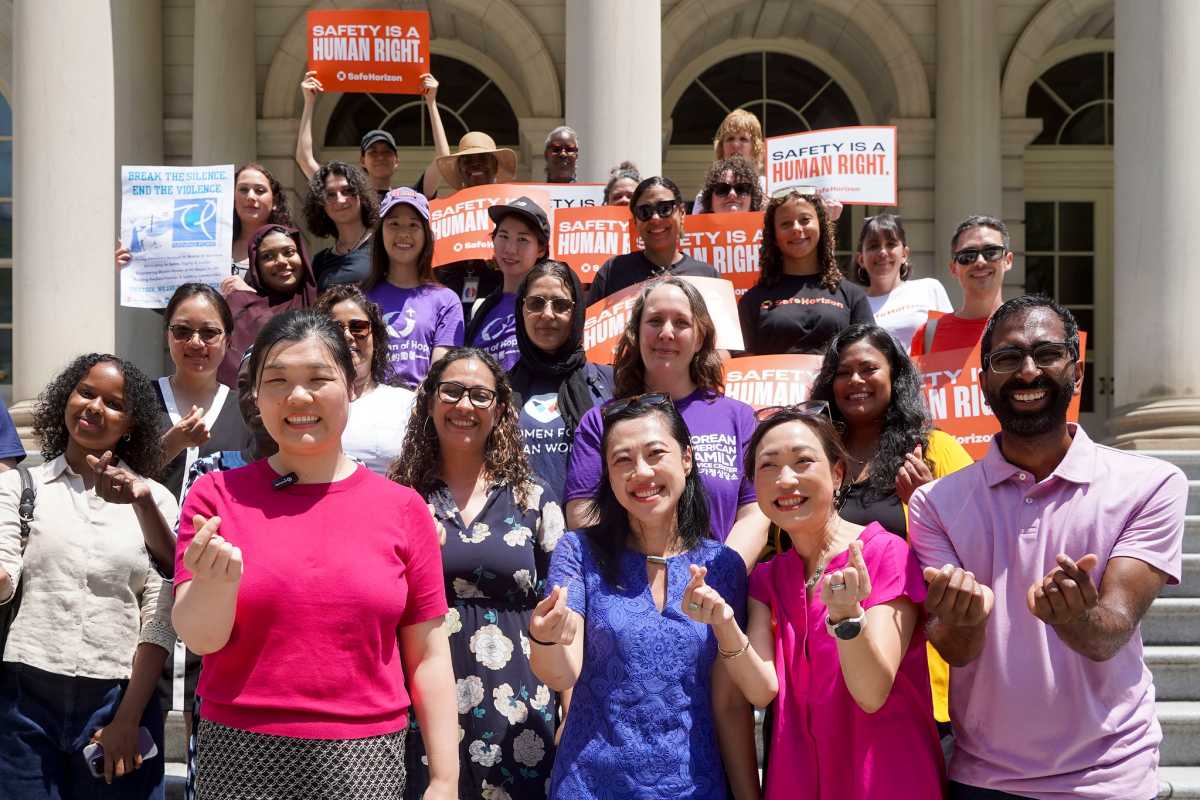COVID-19 hit New York hard, Queens in particular. We led the city in deaths and suffered over 180,000 infections since the pandemic began. Seniors bore the brunt of it, with 75% of citywide deaths falling in the 65+ age group. Our struggle to confront the pandemic results from imperfect systems for delivering government services; a problem predating the pandemic that we must address moving forward.
Queens is “the world’s borough,” yet our diversity has us leading the city in COVID cases. Asian, Black, and Latino groups report higher rates of infection than White communities and yet they have disproportionately lower rates of vaccination. The racial inequity of vaccine access is clear considering that between 9 and 10 percent of Queens, Brooklyn, and Bronx residents receive vaccinations to date, compared to 14 and 15 percent for Manhattan and Staten Island respectively.
Most Queens residents want to get vaccinated, but can’t. Until recently, we’ve had to travel as far as Manhattan and even Staten Island for vaccination — something few working families can afford.
The struggle to vaccinate Queens isn’t only due to the lack of sites; there are language and technological barriers as well. To ensure everyone has equal opportunity for vaccination, information regarding vaccine availability must be provided in relevant languages. We need translators and language services on-site to assist those with limited English proficiency. Family members shouldn’t have to take off from work to help their elders get vaccinated — yet this happens far too often.
For many seniors, using the internet remains a challenge and disadvantages them when online appointments book up within seconds. It’s not enough to point someone to a website; they must be able to understand and use it. We must simplify the online process, and find alternatives where necessary.
While the solutions outlined above will help us overcome the pandemic, we need to address the fact that the pandemic has only exacerbated pre-existing, systemic issues. As we pave a pathway to recovery, we must remember and apply these lessons going forward:
Government agencies should partner with local providers, leveraging their trust and expertise within communities to better target services. At Korean Community Services (KCS), our staff address seniors in their native languages and help get them necessary care. When we recently hosted a pop-up vaccine clinic, that competency helped us distribute 400 vaccines in two days. Government agencies should build on pre-existing expertise, rather than recreating it.
We must simplify online forms to help seniors to access the information they need. Building user experience into digital platforms will reduce barriers without impacting those who don’t require such accommodations.
We must also consider population density and transit accessibility when implementing services, aiming to serve the greatest number of people as efficiently as possible. For Queens residents, a site may as well not exist if it’s difficult to get to, so we should identify transit barriers wherever possible.
Finally, we can engage civic organizations to multiply government investments. Agency personnel aren’t sufficient for large-scale efforts like coronavirus response, yet Queens doesn’t lack honest, hard-working, and compassionate people ready to volunteer if asked to do so.
Throughout the pandemic, we heard stories of agencies caught unprepared and left to build systems from scratch. We’re still struggling to catch up. We learned lessons the hard way, and cannot allow this knowledge to be lost once the crisis is behind us. We must maintain the infrastructure we created, not only stockpiles and physical structures, but the knowledge and human networks that made the response possible. Doing so will better prepare us for the next crisis, make us more resilient, and allow us to build a safer, healthier, better Queens for everyone.
Linda Lee is the CEO and President of Korean Community Services of Metropolitan New York. She is running for City Council in District 23










